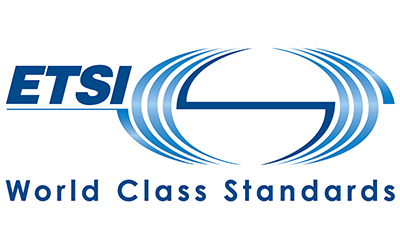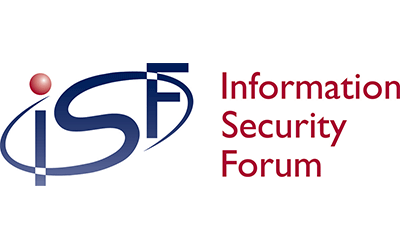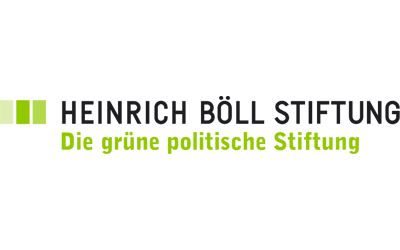Our Partners
LEADing Practice partners with vertical industry-oriented standards bodies and consortia to develop cutting edge industry and market standards.
The goal is to make the best use of each other’s strengths for the benefit of the global markets and its many different industries, and to evolve the development of standards and reduce duplication.
Our partnerships includes the following organizations:
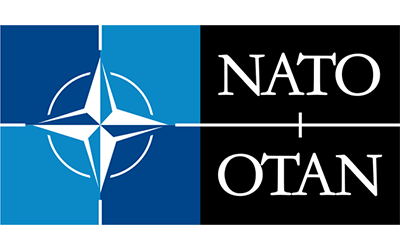
The North Atlantic Treaty Organization, also called the North Atlantic Alliance, is an intergovernmental military alliance between 29 North American and European countries based on the North Atlantic Treaty that was signed on 4 April 1949.
Brussels, Belgium
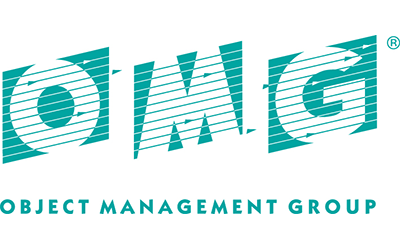
The Object Management Group® (OMG®) is an international, open membership, not-for-profit technology standards consortium, founded in 1989. OMG standards are driven by vendors, end-users, academic institutions and government agencies.
Needham, Massachusetts, United States

The International Organization for Standardization is an international standard-setting body composed of representatives from various national standards organizations. ISO is an independent, non-governmental international organization with a membership of 161 national standards bodies.
Geneva, Switzerland
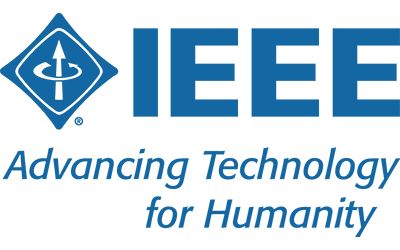
IEEE and its members inspire a global community to innovate for a better tomorrow through highly cited publications, conferences, technology standards, and professional and educational activities. IEEE is the trusted “voice” for engineering, computing, and technology information around the globe.
Piscataway, New Jersey, United States
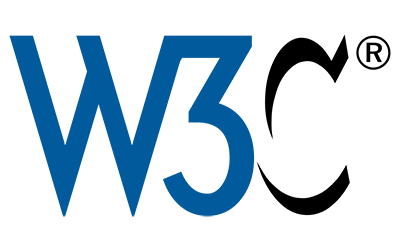
The World Wide Web Consortium (W3C) is an international community where Member organizations, a full-time staff, and the public work together to develop Web standards. Led by Web inventor and Director Tim Berners-Lee and CEO Jeffrey Jaffe, W3C’s mission is to lead the Web to its full potential.
Cambridge, Massachusetts, United States
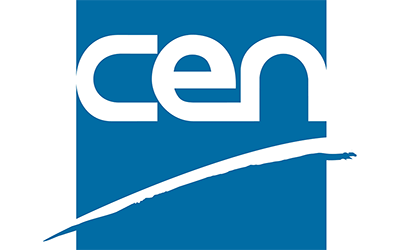
CEN is one of three European Standardization Organizations (together with CENELEC and ETSI) that have been officially recognized by the European Union and by the European Free Trade Association (EFTA) as being responsible for developing and defining voluntary standards at European level.
Brussels, Belgium
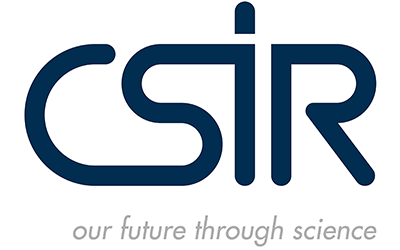
The Council for Scientific and Industrial Research is South Africa’s central and premier scientific research and development organisation. It was established by an act of parliament in 1945 and is situated on its own campus in the city of Pretoria.
Pretoria, South Africa
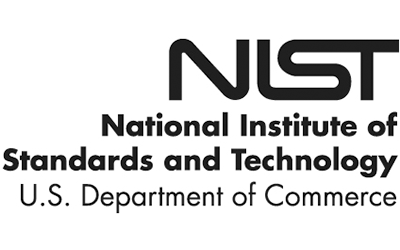
The National Institute of Standards and Technology is a metrology laboratory, and a non-regulatory agency of the United States Department of Commerce. Its mission is to promote innovation and industrial competitiveness.
Gaithersburg, Maryland, United States
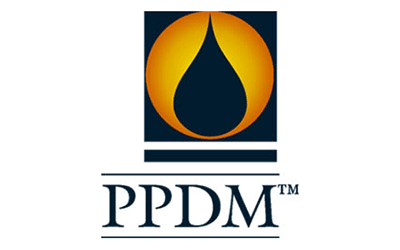
The Professional Petroleum Data Management Association is a global, not-for-profit organization that works collaboratively within the petroleum industry to create and promote standards and best practices for data management.
Calgary, Canada
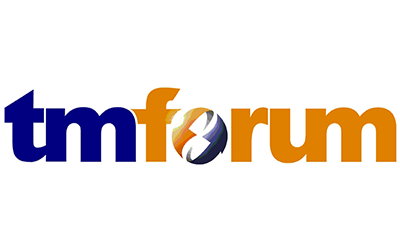
TM Forum is the global industry association that drives collaboration and collective problem-solving to maximize the business success of communication and digital service providers and their ecosystem of suppliers.
Americas: Parsippany, New Jersey, United States
Europe & Middle East: London, United Kingdom
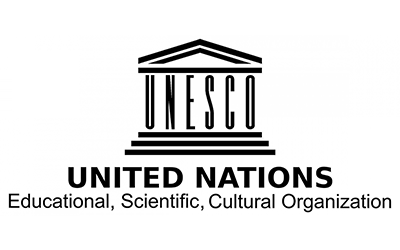
UNESCO is the United Nations Educational, Scientific and Cultural organization. It seeks to build peace through international cooperation in Education, the Sciences and Culture. UNESCO’s programs contribute to the achievement of the Sustainable Development Goals defined in Agenda 2030, adopted by the UN General Assembly in 2015.
Paris, France
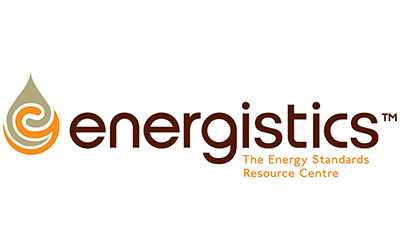
Energistics is a global, non-profit, industry consortium that facilitates an inclusive user community for the development, adoption and maintenance of collaborative, open standards for the energy industry in general and specifically for oil and gas exploration and production.
Houston, Texas, United States
